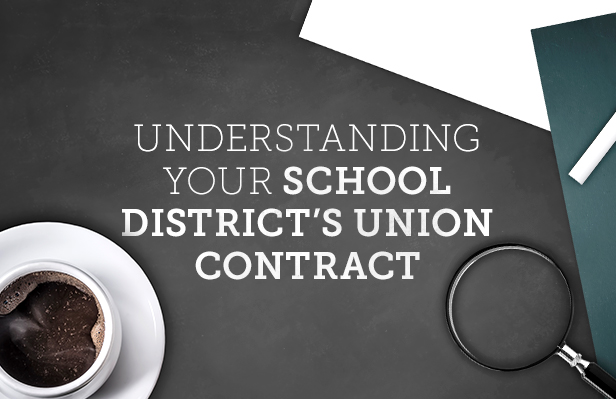Press Release

Trapped: 5 Ways Union Contracts Trample Teachers’ Rights
Trapped: 5 Ways Union Contracts Trample Teachers’ Rights
Forced Unionism, Ghost Teachers Among Ways Contracts Exploit Teachers
August 17, 2016, HARRISBURG, Pa.—As students across Pennsylvania head back to school, government unions that are supposed to speak for teachers are instead trampling their rights in order to advance the union leaders’ agenda.
A review of labor contracts in Pennsylvania’s 500 school districts shows five ways these collective bargaining agreements trap teachers—and cost taxpayers:
Click here for a searchable database of labor contract provisions for each district.
- Want Out? It May Take Years. Teachers wishing to leave the union may be out of luck for years. In 62% of districts across the state, teachers can exit the union only during a specific period of time—often just days—near a contract’s expiration. This “maintenance of membership” provision means many teachers are trapped for years before they can resign.
- Pay Up, Or Else. Teachers in 79% of Pennsylvania school districts are required to pay the union as a condition of employment, whether or not they are union members. Teachers who choose not to join the union must still pay a “fair share” fee to the union, amounting to about 80 percent of full union dues.
- Ghost Teachers. Across Pennsylvania, teachers are regularly taken from the classroom to do union work. These “ghost teachers” accrue seniority, receive a salary, and amass pension credits, just as if they were teaching. 92% of districts have “release time” provisions, including 100 districts that grant employees full-time leave to work for the union.
- Taxpayer-Funded Dues Deduction. A whopping 97% of school districts use public resources to deduct union dues and campaign money from teachers’ paychecks and send the money to the union. In addition to voluntary PAC donations, teachers’ unions also spend members’ mandatory dues on political activity. In other words, taxpayer resources are regularly used to help fund a private organization’s political agenda.
- No Contract? Too Bad. If school boards and local unions don’t agree to a new contract or formally extend an existing contract by the contract’s expiration date, teachers must continue working under the old contract’s terms. This means teachers could wait years for salary or healthcare adjustments. 25% of school districts are operating under expired contracts.
“Teachers’ union leaders are tilting the playing field toward the union at the expense of teachers, students, and taxpayers,” commented James Paul, senior policy analyst for the Commonwealth Foundation. “It’s hardly surprising that most union members across the country believe union leaders are out of touch.”
The 2016 survey conducted for National Employee Freedom Week, recognized from August 14-20, 2016, revealed 65% of union members in Pennsylvania believe they should negotiate directly with their employers if they opt out of union membership and stop paying fees and dues to the union.
Additionally, nearly 30% of union members nationwide said they would opt out of union membership if they could do so without facing a penalty. “Teachers shouldn’t lose their rights simply because they want to teach,” Paul continued. “If we are serious about prioritizing teachers and students over special interests, we must address exploitative teacher contract provisions by enacting paycheck protection, eliminating ghost teachers, and ending forced unionism once and for all.”
James Paul and other Commonwealth Foundation experts are available for comment. Please contact Gina Diorio at 862-703-6670 or [email protected] to schedule an interview.
# # #
The Commonwealth Foundation transforms free-market ideas into public policies so all Pennsylvanians can flourish.